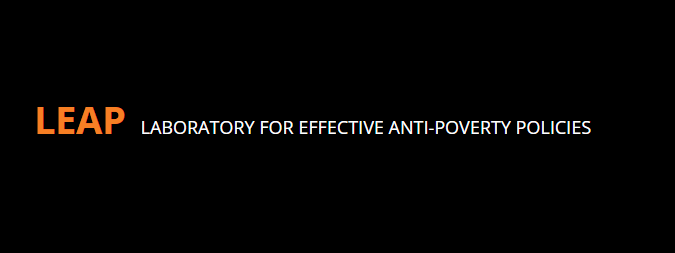LEAP Development Coffee Seminar - Ashish Shenoy

Abstract
This paper presents results from an experimental evaluation of a large-scale migration loan program that offers a short-term low-interest migration loan to hundreds of thousands of landless rural workers during the agricultural lean season in northern Bangladesh. Pilot evaluations found the loan offer to increase the rate of temporary migration by 25--40 percentage points. At scale this effect falls to only 5 percentage points, with a 10 percentage point increase in migration in the regions where the pilot took place and no effect in newly treated regions despite participants being observationally similar across space. To account for treatment effect attenuation, we introduce a theory of program administration that leads implementing agents to systematically mistarget intended program beneficiaries. Mistargeting occurs because program benefits are concentrated among those induced to migrate by the loan offer, but capacity constraints at scale lead effort to be directed toward those already planning to migrate without a loan. We present evidence consistent with this theory that the characteristics that predict pre-loan migration are strongly correlated with the likelihood of remembering the loan offer, and show that mistargeting can quantitatively account for the diminished treatment effect. We rule out two alternative explanations: First, the geographically clustered randomization design reveals that there is, if anything, general equilibrium crowd-in rather than crowd-out of migrants. Second, we estimate conditional treatment effects and find that changes in population characteristics over time have little impact. The mistargeting identified in this study has the potential to undermine the effectiveness of a number of common development policies.
Bio
Ashish is an Assistant Professor of Agricultural and Resource Economics at UC Davis. He studies development economics with a focus on migration, labor markets, misallocation, and local institutions. He earned my PhD in economics from MIT in 2016, before which he worked as a research professional at the University of Chicago Booth School of Business.